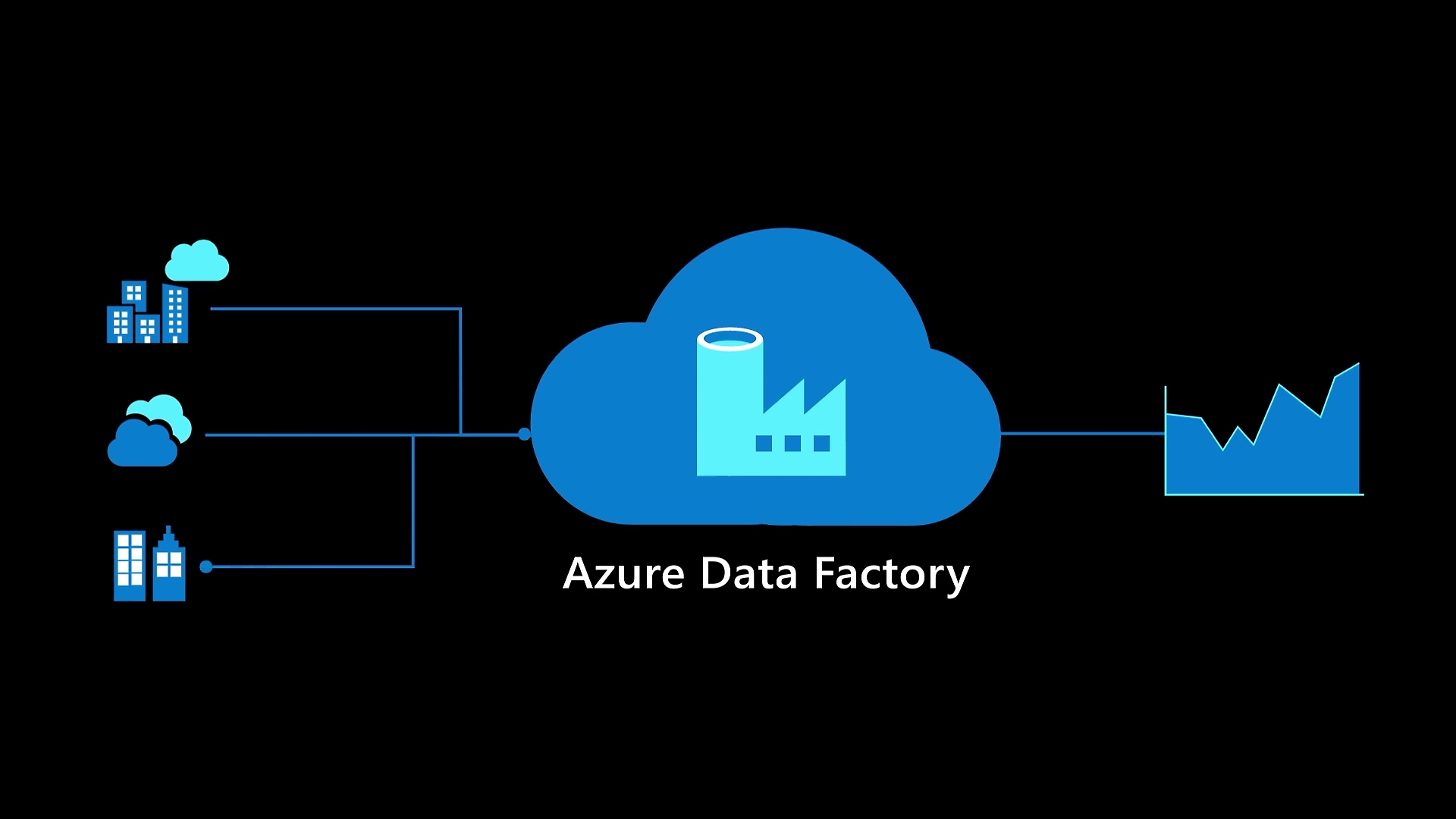Many business owners know how crucial Data Quality Assurance (DQA) is, especially in the ever-evolving digital era. While large-scale data collection and analysis can be vital, companies need to use it to foster their success. One thing is sure: It helps marketers in the understanding of target markets, campaign effectiveness measurement, and the creation of long-term, strategic decisions.
To genuinely make a difference in achieving their brand’s objectives, marketers want data to determine what works and what doesn’t, develop targeted campaigns, and optimize their strategies. In the ever-evolving modern marketing space, it’s no secret that data drives today’s world. Data plays a significant role in every business decision, strategy formulation, and day-to-day operations.
However, the utility of data is only as good as its quality and observability. The foundation of Data Quality Assurance (DQA) is the source. Before you even start pulling data into your system, make sure the sources are reliable and well-documented. In the realm of Data Factory, this means using connectors to link to trusted data sources, whether cloud-based, on-premises, or even files.
When analyzing data, quality is just as important as quantity. Ensuring the data is reliable, accurate, and valuable is essential. Businesses need quality data to make judgments based on factual information. If not done so, that means there’s a real chance for short- and long-term failure. In this article, we’ll look at the benefits of digital quality assurance in modern marketing strategies.
Understanding What Data Quality Assurance (DQA) Means In Modern Marketing
To enumerate, Data Quality refers to ensuring data accuracy, completeness, and reliability. On that note, the Data Quality Assurance (DQA) process entails evaluating and verifying the quality of the gathered and preserved data and guarantees accuracy in decision-making. Ingestion is like the gatekeeper of data quality. As you ingest data, you filter out any apparent inconsistencies or errors.
Additionally, it helps businesses achieve consistency and integrity in their data-handling procedures, security, privacy protection, timeliness, reliability, portability, and more. As a rule of thumb, data quality involves developing and implementing activities that apply quality management techniques to data. This ensures the data is fit to serve an organization’s specific needs in a particular context.
For your information, data deemed fit for its intended purpose is considered high-quality. It may include duplicated data, incomplete data, inconsistent data, incorrect data, poorly defined data, poorly organized data, and poor data security. Regarding data management, quality measures how well-suited a data set is to serve its specific purpose. Data quality has six main dimensions.
Including:
- Accuracy: The data should reflect actual, real-world scenarios; the measure of accuracy can be confirmed with a verifiable source.
- Completeness: Completeness measures the data’s ability to deliver all the required values that are available effectively.
- Consistency: Data consistency refers to the uniformity of data as it moves across networks and applications. The same data values stored in different locations should not conflict.
- Validity: Data should be collected according to defined business rules and parameters, conform to the suitable format, and fall within the proper range.
- Uniqueness: Uniqueness ensures no duplication or value overlapping across all data sets. Data cleansing and deduplication can help remedy a low uniqueness score.
- Timeliness: Timely data is data that is available when it is required. Data may be updated in real-time to ensure it is readily available and accessible.
In most cases, data transformation and enrichment are where your data takes shape. The raw, cleaned data must be transformed into a usable format and enriched by combining multiple data sources. With DataFactory, you can build robust pipelines that include transformation steps, ensuring the output aligns with your business needs.
How Data Quality Assurance (DQA) Benefits A Modern Marketing Plan
Many organizations use data to inform their decisions regarding marketing, product development, communications strategies, etc. High-quality data can be processed and analyzed quickly, leading to better and faster insights that drive Business Intelligence (BI) efforts and big data analytics. Marketing data is the most vulnerable type of data quality usage example.
Names and addresses are frequently pulled from the internet or social media and entered into CRMs and business systems, which means they are often inaccurate and riddled with errors, typos, missing information, and other issues. Thus, marketers must use data quality strategies before working on projects like marketing analysis, targeted advertising, or study insights.
Generally speaking, data quality significantly benefits marketers, especially in digital marketing training processes, as long as they have the knowledge, tools, and business-friendly data quality solutions to recognize and correct inaccurate data. Data quality oversight is just one component of data integrity. Its integrity refers to the process of making data applicable to the organization.
Its Components:
- Data Integration: data from disparate sources must be seamlessly integrated.
- Data Quality: Data must be complete, unique, valid, timely, consistent, and accurate.
- Location Intelligence: Location insights add a layer of richness to data and make it more actionable.
- Data Enrichment: Data enrichment adds a more complete, contextualized view of data by adding data from external sources, such as customer data, business data, location data, etc
With that in mind, below are a few other benefits of Data Quality Assurance (DQA) that you should know about.
1. Monitoring And Governing Data Performance
First, data quality rules are an integral component of data governance, which is developing and establishing a defined, agreed-upon set of rules and standards by which all data across an organization is governed. Secondly, effective data governance should harmonize data from various sources, create and monitor data usage policies, and eliminate inconsistencies.
As well as inaccuracies that would otherwise negatively impact data analytics accuracy and regulatory compliance. Good data quality management helps extract more excellent value from data sets. It contributes to reduced risks and costs, increased efficiency and productivity, more informed decision-making, better audience targeting, more effective marketing campaigns, better customer relations, and an overall more potent competitive edge.
2. Identifying And Eliminating Anomalies
Technically, Data Quality Assurance (DQA) is the process of identifying and eliminating anomalies using data profiling and cleansing. Usually, data quality control is performed both before and after quality assurance and entails controlling data usage for an app.
Eventually, quality control restricts inputs before quality assurance is performed. Afterward, the quality assurance data guides the quality control process. Remember, the quality control process helps detect duplicates, outliers, errors, and missing information.
3. Improving Market Targeting Capabilities
By utilizing high-quality data, marketers can segment their consumer base and target particular groups with customized campaigns more likely to convert. Realistically, using accurate data can help marketers curate highly tailored communications that connect with the correct audience, ultimately bettering their understanding of the wants and needs of their target audience.
Data quality can also help marketers maximize their targeting efforts by fusing behavioral or psychographic data like past purchases or hobbies with demographic data (e.g., age or location). It helps businesses determine customers’ preferences and present offers that suit their requirements. Furthermore, with the help of cutting-edge technologies, marketers can precisely monitor data.
As well as modify their targeting strategies in real-time to react swiftly to shifting market conditions. Leveraging the enhanced targeting possibilities from high-quality data will lead marketers to improve lead generation and conversion rates and reduce wasted time and expenses on unsuccessful campaigns.
4. Detecting And Forecasting Future Trends
Better data quality allows marketers to forecast potential future results or outcomes by providing insights into prior customer behavior. They can provide more precise forecasts than they have in the past because they have access to more customer data points, including their interactions with the brand, its products, and its services.
Furthermore, better performance monitoring capabilities are another benefit of high-quality data. In this case, marketers can gather high-quality consumer data points to track and assess how particular actions or adjustments have affected their marketing scores.
5. Increasing Campaign Strategies Efficiency
Lastly, data quality is essential to increase the efficiency of marketing campaigns and strategies. Marketers can develop highly focused campaigns that result in better investment returns with access to well-structured data and complete insights into customer behavior. They may create engaging content for consumers by knowing their preferences and tailoring it accordingly.
An in-depth grasp of customer behavior allows marketers to launch highly focused marketing more accurately. By focusing on the clients who are most likely to react favorably to their message, they won’t waste resources on those who are unlikely to take action. With high-quality data, marketing teams may avoid wasting time and money on poorly targeted ads or risking their GDPR compliance.
Some Poor Data Performance Consequences And Steps To Improve Quality
Data quality assessments are executed by data quality analysts, who assess and interpret each data quality metric, aggregate a score for the overall data quality, and provide organizations with a percentage to represent the accuracy of their data. A low scorecard indicates poor data quality, which is of low value, misleading, and can lead to poor decision-making that may harm the brand.
In layman’s language, poor data quality can have severe repercussions for marketing campaigns and enterprises. It can result in missed opportunities, poor decision-making, and resource waste. In addition, it may also lead to poor communication and decreased revenue and can negatively influence predictive modeling, leading to unsuccessful marketing strategies.
At the same time, poor data quality standards can cloud visibility in operations, making it challenging to meet regulatory compliance; waste time and labor on manually reprocessing inaccurate data; provide a disaggregated view of data, making it challenging to discover valuable customer opportunities; damage brand reputation; and even threaten the safety of the public.
At all costs, organizations and marketers must maintain high-quality data to make informed judgments and accomplish objectives. Auditing and data cleansing are required regularly to prevent the adverse effects of poor data quality. Equally important, to guarantee high-quality data for marketing purposes, businesses must try to foster their data quality assurance process.
What the data quality assurance process entails:
- Automate routine database and system maintenance tasks.
- Conduct regular audits to verify marketing and consumer data’s completeness, authenticity, and accuracy.
- Investing in the appropriate technology to raise record quality.
- Educate business users on the importance of data quality.
- Minimize business users’ reliance on IT staff to obtain high-quality data.
By all means, ensuring quality data consistency would be difficult without the alignment of people, processes, and resources. Usually, data quality measures can be accomplished with data quality tools, which typically provide data quality management capabilities.
Good data quality service should provide a data quality dashboard that delivers a flexible user experience and can be tailored to the specific needs of the data quality stewards and data scientists running data quality oversight. These tools and solutions can provide data quality testing but cannot fix wholly broken and incomplete data. A solid data management framework should be in place.
Some Features:
- Data Profiling: The first step in the data quality improvement process is understanding your data. Data profiling is the initial assessment of the current state of the data sets.
- Standardization: Disparate data sets are conformed to a standard data format.
- Geocoding Data: The description of a location is transformed into coordinates that conform to U.S. and worldwide geographic standards.
- Matching/Linking: Data matching identifies and merges matching pieces of information in big data sets.
- Quality Monitoring: Frequent data quality checks are essential. When combined with Machine Learning Algorithms, data quality software can automatically detect, report, and correct data variations based on predefined business rules and parameters.
- Batch/Realtime: Once the data is cleaned, a practical data quality framework should be able to deploy the same rules and processes across all applications and data types at scale.
You can develop, execute, and manage the policies, strategies, and programs that govern, secure, and enhance the value of data collected by an organization. With Azure Data Factory, you can simplify your hybrid data integration at an enterprise scale. Integrate all your data with Azure Data Factory, a fully managed, serverless data integration service. Visually integrate data sources.
Azure Data Factory allows all hybrid integration with more than 90 built-in, maintenance-free connectors at no added cost. Easily construct ETL (extract, transform, and load) and ELT (extract, load, and transform) processes code-free in an intuitive environment or write your code. Then, deliver integrated data to Azure Synapse Analytics to unlock business insights. Best of all, there is a free trial.
Final Thoughts:
A vital element of every effective marketing campaign is data quality. Marketers should ensure the data in their database is accurate and up to date to improve the data quality. As mentioned, the DataFactory offers a user-friendly drag-and-drop interface to set up initial cleansing steps in your data pipeline. This way, you can ensure the data entering your system is already high quality.
Automated, real-time monitoring is a valuable component in data quality management. On that note, an application platform like HEAVY.AI offers real-time monitoring and analytics for thorough data quality assessments. As the pioneer in accelerated analytics, the HEAVY.AI Data Science Platform is used to find real-time data insights beyond the limits of mainstream analytics tools.
Resource Reference: See The Complete Introduction To Data Science For Beginners
Data Factories offer easy rehosting of SQL Server Integration Services to build ETL and ELT pipelines code-free with built-in Git and support for continuous integration and continuous delivery (CI/CD). Pay-as-you-go, fully managed serverless cloud service that scales on demand for a cost-effective solution. Autonomous ETL to gain operational efficiencies and enable citizen integrators.
Get more than 90 built-in connectors for ingesting all your on-premises and Software-as-a-Service (SaaS) data to orchestrate and monitor at scale. In other words, these Data Factory Tools provide a data integration and transformation layer that works across your digital transformation initiatives. Marketers can contribute to ensuring data accuracy and enhance their marketing results.
Get Free Updates
Notice: All content on this website including text, graphics, images, and other material is intended for general information only. Thus, this content does not apply to any specific context or condition. It is not a substitute for any licensed professional work. Be that as it may, please feel free to collaborate with us through blog posting or link placement partnership to showcase brand, business, or product.





